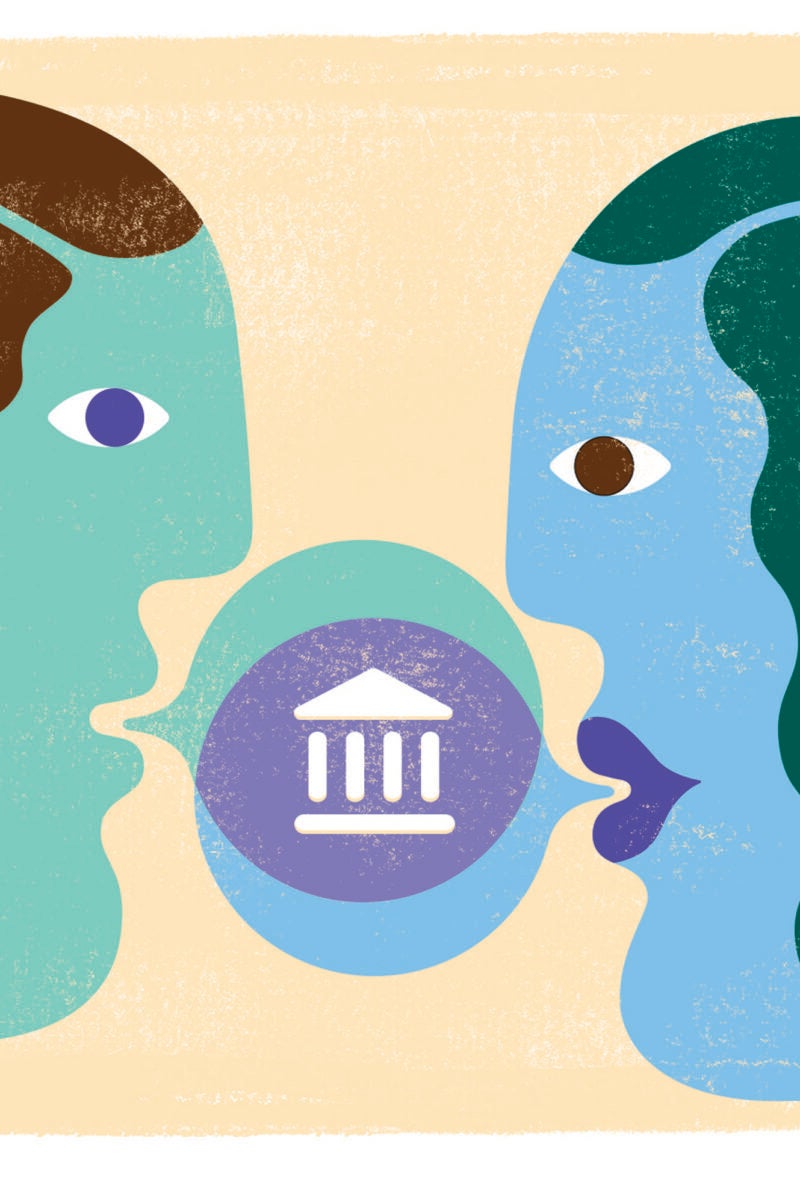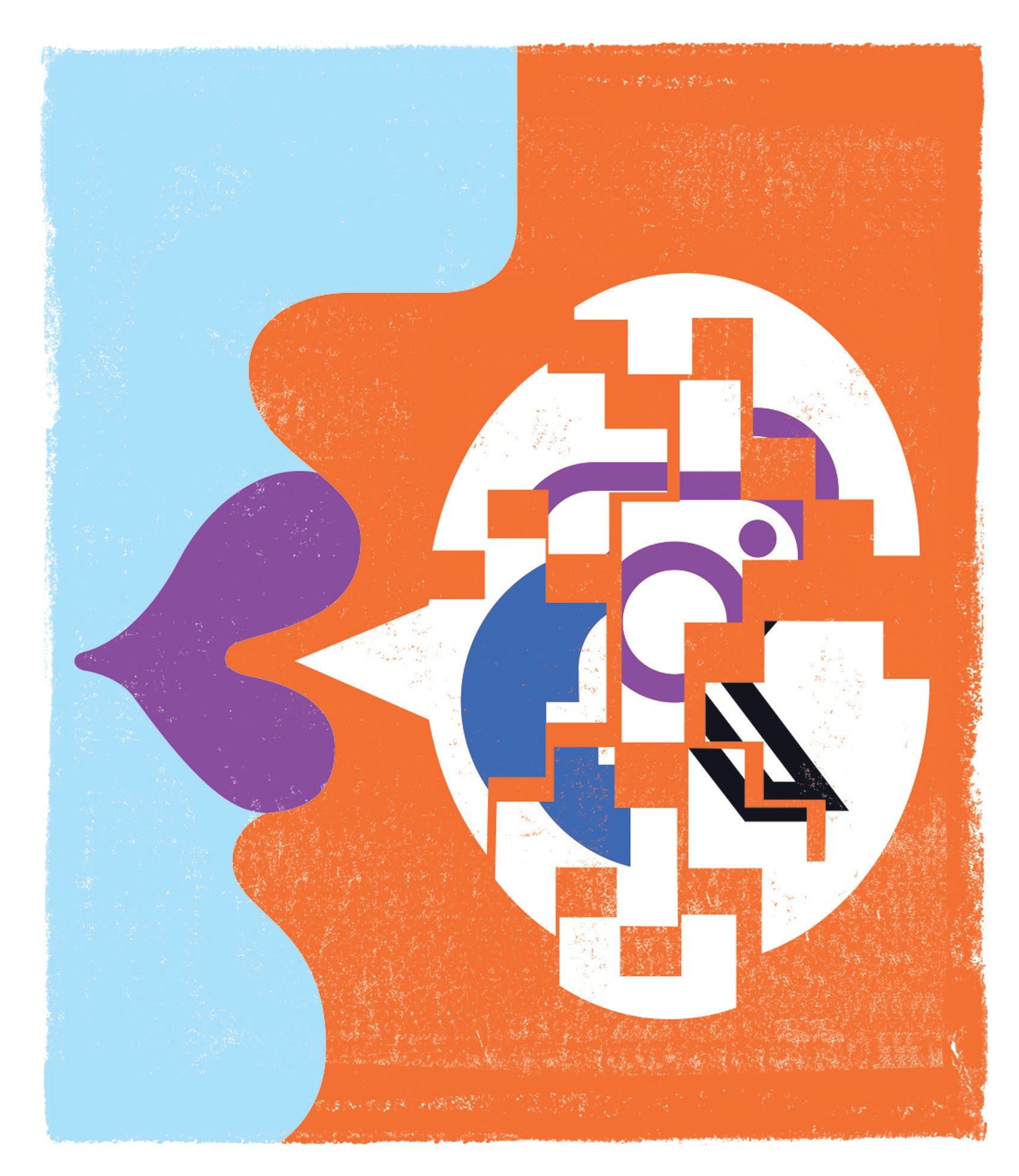
“A First Amendment that precluded any and all regulation of social media platforms would make the First Amendment the enemy of the values that we need the First Amendment to protect.”
Jameel Jaffer ’99, Columbia adjunct professor of law and journalism, speaking at the Harvard Law School Rappaport Forum “Censorship, Content Moderation, and the First Amendment,” Sept. 22.
“To use my words to strike down a provision that kept my father from practicing law … It was a gift. I wanted to put it on his grave and say, ‘We fixed it!’”
Rosalie Abella, former Canadian Supreme Court justice and current Harvard Law visiting professor, at an Oct. 5 event showcasing a documentary about her career. Abella reflected on the case in which Canada’s Supreme Court struck down the citizenship requirement that had prevented her father from practicing law in Canada decades earlier. The decision quoted from Abella’s 1984 Royal Commission Report on Equality in Employment.

“Spy stories … from Chinese spy balloons to cyber-espionage operations to the Snowden revelations … surround us.”
Asaf Lubin, faculty affiliate at the Berkman Klein Center for Internet & Society, during a talk on Oct. 17 on his forthcoming book, “The International Law of Intelligence: The World of Spycraft and the Law of Nations.”
“My mom thought of herself as carrying on the tradition of seeing systems that had excluded people and turning them into systems that could incorporate everybody. The principle underlying her work was the principle of fair play.”
Professor Nikolas Bowie ’14, son of the late civil rights scholar Lani Guinier, speaking at the conference held in her honor on Sept. 21-22 to launch the Guinier Project, which will explore the relationship among electoral system reform, racial justice, and democratic representation.
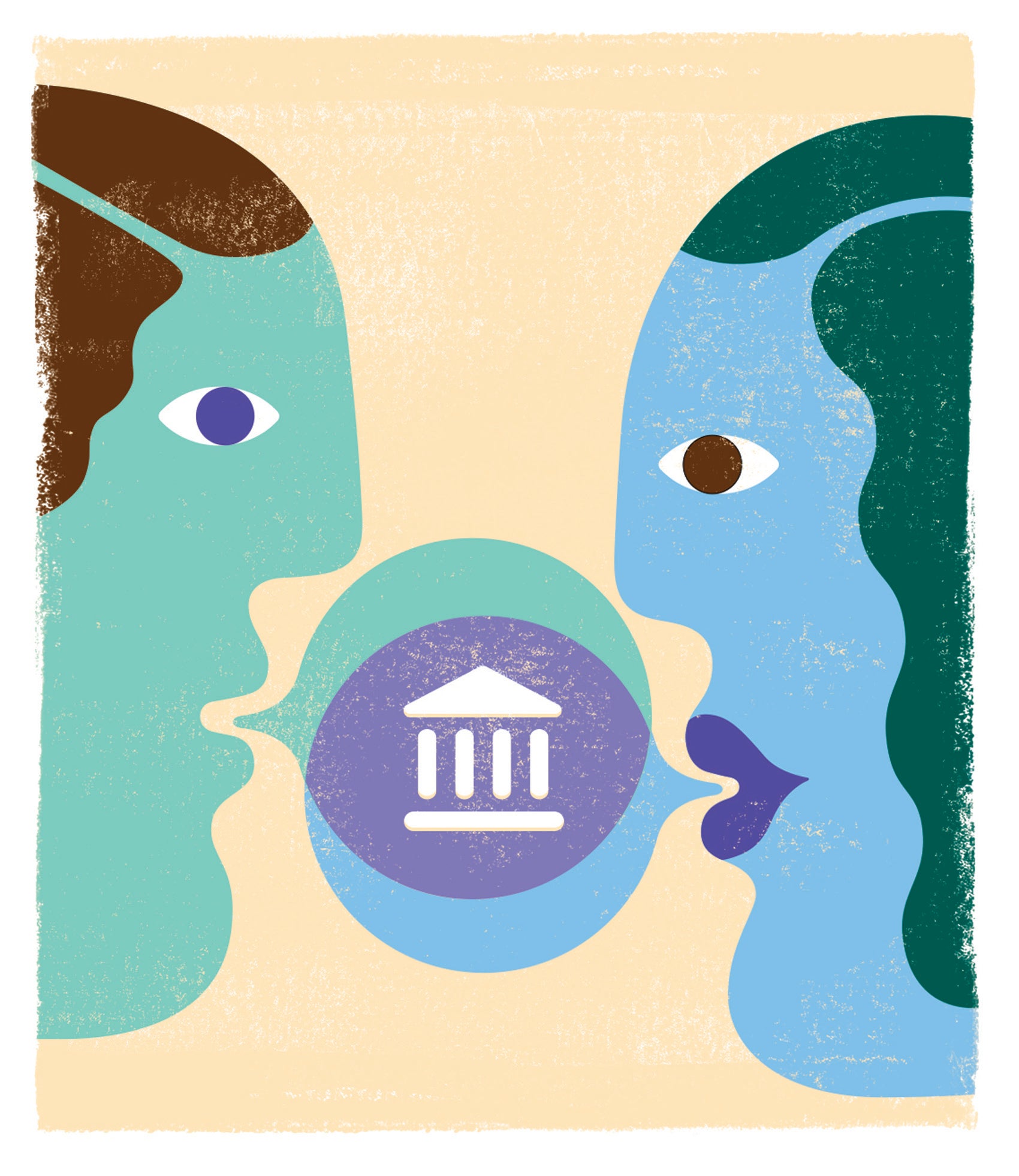
“Courts are not just today becoming important focal points for the exercise of judicial review. … I do believe that courts are also becoming an important focal point as a platform for dialogue in society.”
Chief Justice of India’s Supreme Court D.Y. Chandrachud LL.M. ’83 S.J.D. ’86 speaking with Professor David B. Wilkins ’80 on the role of the judiciary in India, Oct. 21.
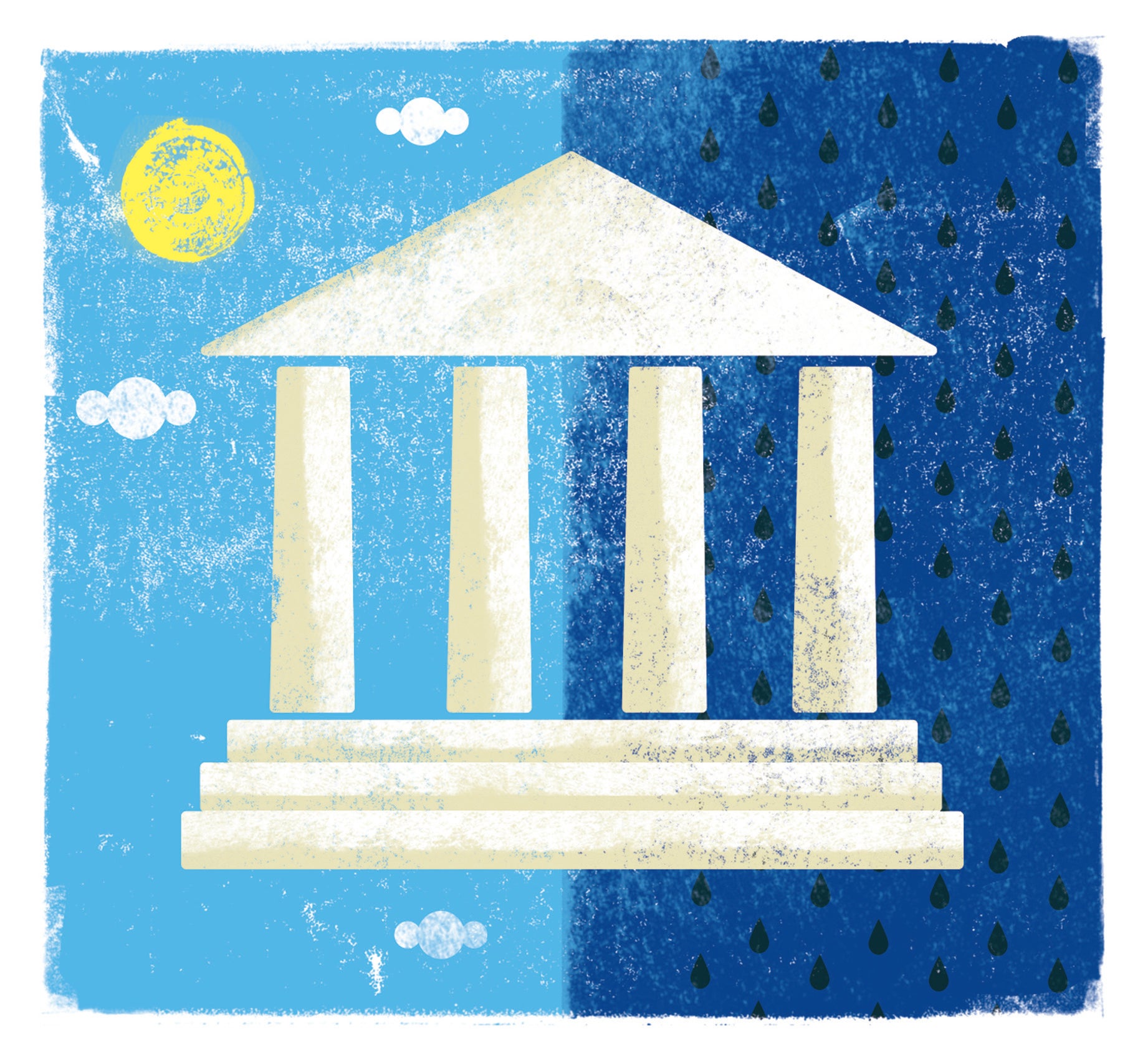
“We have no guarantee that courts will get things right. The arc of jurisprudence does not always bend toward intellectual coherence.”
Stephen Sachs, a scholar of civil procedure and constitutional law, in a talk Nov. 1 titled “Life After Erie” on the occasion of his appointment as the Antonin Scalia Professor of Law.
“As we watch the wave of irrationality, trying to roll back years of progress and prevent us from claiming the equality that is our due as Americans, know this: the strength of this backlash directly reflects the power that it is trying to suppress: our voices, our votes, our very presence in this democracy.”
Loretta Lynch ’84, the 83rd U.S. attorney general, delivering the 2023 Dr. Martin Luther King Jr. Commemorative Lecture, Oct. 4.
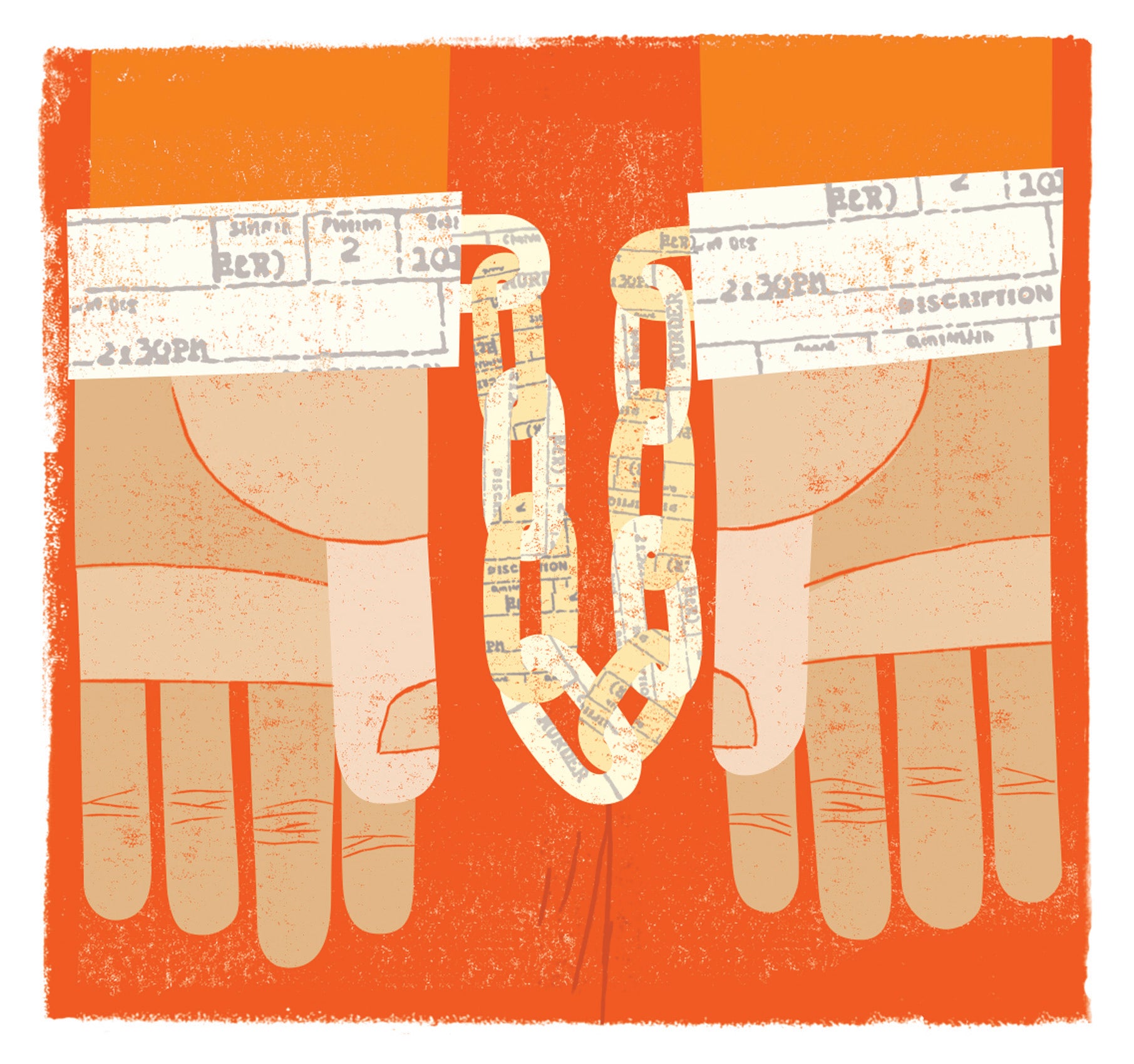
“Prosecutor offices are skimping on basic processes that we rely on to protect the vulnerable and to maintain the integrity of the criminal system.”
Alexandra Natapoff, criminal justice expert, commemorating her appointment as the Lee S. Kreindler Professor of Law with a talk titled “Redistributing Law: A View From Below,” Nov. 6.
